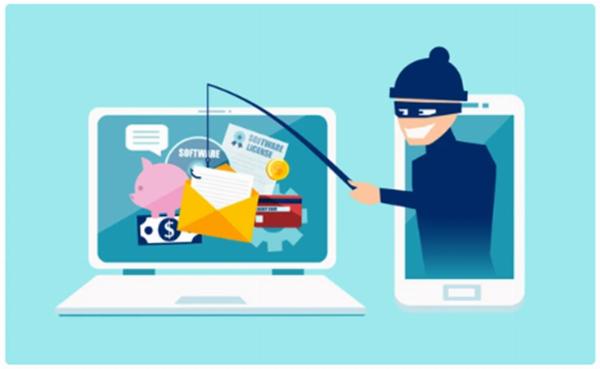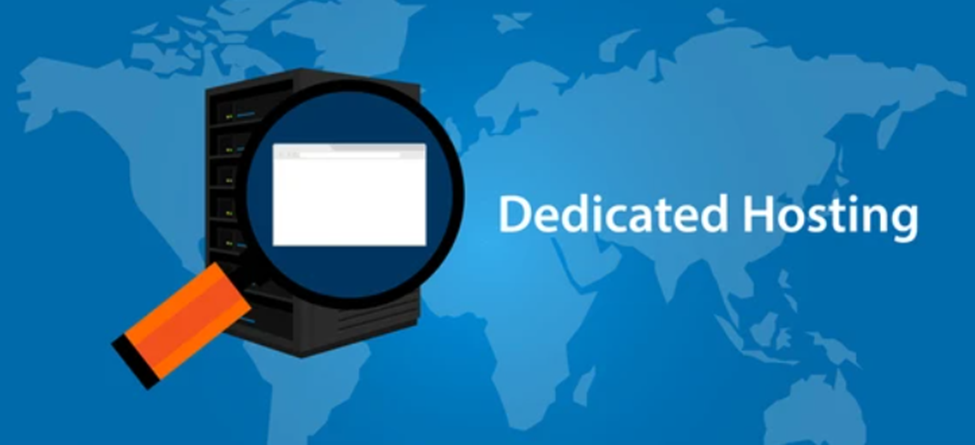What do you need to know to avoid social media scams?

Strong 8k brings an ultra-HD IPTV experience to your living room and your pocket.
Scams and attacks on social media have become common, and people who want to do harm are always coming up with new ways to trick users and steal their information. People and companies didn't really understand the impact that social media would have in the past. It's easy to see why so many businesses now depend on social media advertising to bring in new customers and clients.
However, there are a lot of fake accounts on social media sites. These accounts are run by crooks who are looking for new people to scam. Scammers use these fake accounts to make friends with good people and send harmful links in messages that look like they aren't harmful. Profiling, and by extension, private and business data that is linked to them, can be used in a lot of different ways. A lot of the time, companies have marketers working for them who are in charge of all the data on their social media accounts, including data about their customers and viewers. If these teams aren't built in-house, the work is often given to freelancers or professional marketing firms.
Despite this, it is important to be aware of some of the new and growing risks that come with using social media and to take steps to protect both personal and business safety. As the number of cyberattacks and breaches grows, it's important to know how to spot these kinds of crimes and keep yourself and your business safe.
What are the different types of social media scams?
1. Phishing scams
Phishing URLs that are sent in direct messages, emails, postings, or SMS should not be clicked on. Your computer or device could become infected if you encounter links to malicious software or fraudulent websites that steal login details. Do not click on links that are provided by unknown individuals. When you hover over URLs that friends have provided, check the URL. Do not click on links that lead to websites that are either unknown or misspelled.
2. Ecommerce
Through the use of e-commerce, individuals are able to be directed to online stores and shops that appear to be authentic, and they can purchase things without first verifying the legitimacy of the platform. On these phony websites, sensitive information is collected and then stolen utilizing that information.
3. Collaborations with brands
Influencers rely significantly on collaborations with brands, and true partnerships may be extremely advantageous for both parties involved. Nevertheless, there will be some phishing links or fraudulent brand discounts among the legitimate offerings, which will make them targets of cybercrime.
4. Games and Quizzes
However, filling out responses with personal information can potentially attract some unscrupulous actors, even if the quiz or game is real. Completing quizzes and playing games via social media are quite popular activities. However, it is important to refrain from providing such information.
5. Charity
Fake requests for charitable contributions are frequently sent, particularly during volatile moments of human interest, such as when natural disasters or other newsworthy occurrences occur. In the same way that fraudulent retail websites are designed to steal personal information from visitors, these false charity websites follow a similar pattern.
6. Investments
When it comes to investments, individuals may occasionally be approached with the promise of great returns on their cash investments. It is not uncommon for the investor to be confronted with silence after making a commitment to the investment program, with no evidence of the fraudulent broker being found.
7. Application downloads
There are some applications that may appear to be trustworthy, but they may actually download malicious software onto your smartphone. Your data could be sold to other parties by other applications. There are a lot of people that do not verify the legitimacy of the brands that are behind these downloads.
8. Offers of job
Despite the fact that there is evidence that social media recruitment is done in a legitimate manner, however, there are a great number of bogus jobs that promise frequently inflated benefits in order to attract the attention of eager job seekers. The majority of individuals do not check the authenticity of these positions by using the website of the recruiter or the client. Instead, they fill out web forms, which allows someone to easily access their private information.
How to Be Safe on social media?
1. Turn your accounts private
It would be beneficial if you entertained the idea of keeping your personal and business accounts private. This would ensure that only those individuals who have been granted permission to follow you are able to view your postings and communicate with you. You will be able to safeguard yourself against receiving an overwhelming number of unwanted messages and remarks from people you have never met if you take this step.
2. Employ secure, one-of-a-kind passwords
It is imperative that you use unique passwords for each and every one of your online accounts, including your email and your social media accounts. It is recommended that you make use of password management software in order to establish robust passwords that are highly unlikely to be broken by hackers.
3. Observe third-party apps
It is recommended that you check the settings of your account on a regular basis in order to determine which websites and applications are connected to it. If there are any that you do not use frequently, remove them and then terminate your access to them. This is an effective method for preventing access by unauthorized individuals.
4. Activate multi-factor authentication
To prevent unauthorized individuals from accessing your accounts, you should save all of your login information in a secure location and ensure that multi-factor authentication is activated. Your identity will be validated through this process before you are granted access to the account.
5. Verify the URL
It is essential to investigate the URL because it is possible that some URLs have been shortened, which presents a challenge when attempting to validate their legitimacy. If, on the other hand, the URL does not correlate to the social media platform or the website of the firm that you are currently on, it is highly recommended that you investigate this further and possibly refrain from clicking on it.
6. Give your staff training
In the same way that you would deliver professional training to your staff in order to improve their skills in areas such as project management, marketing, sales, or any other significant endeavor, you should think about doing the same thing for cybersecurity awareness. It is expected that they would acquire knowledge regarding all the essential components of information protection.
7. Reject unwanted messages
Avert your attention from clicking on any link that does not appear to be legitimate. It is important to constantly double-check a link, regardless of whether it is in a post that appears in your feed, directly on your page, in a group, or through a direct message or email. It is important to be aware of links that are not requested or dangerous because they typically contain promotional text that can entice visitors to click on them.
8. Examine the company's website and branding
It's possible that appealing posts are purposefully designed to make it more difficult for users to spot anomalies. In the event that the logo and brand appear peculiar, it is important to verify that they are identical on the website and profile of the organization. It is important to proceed with caution if these assets appear to be sloppy or to have been cobbled together in a hurry.
9. Stay away from strangers and bogus profiles
It is important to steer clear of unknown individuals and profiles that have not been verified. On many social media platforms, legitimate brands are marked with a blue checkmark next to their brands' names. In the event that they do not possess this, there is a possibility that they are using fraudulent methods. With regard to this authentication process, Twitter has recently raised some security concerns, which is unfortunate. Additionally, ensure that you do not accept friends or follow requests from individuals who you are not familiar with.
Conclusion-
A lot of scammers use social media, so it's hard to stay away from them. On the other hand, if you are careful and alert, you can keep your private data safe and avoid falling victim to cybercrime. Adding a fraud alert and a credit freeze to your credit accounts is something you should think about doing in order to further protect your credit.
Before you change your password and use multi-factor authentication (MFA), you should first make sure that your account has been compromised by requesting a password reset email from the specific service provider, forcing all sessions to log out, and updating the email and phone number that is linked with your account. If you were to pay money to a scammer, you should make an effort to cancel the transaction by contacting your bank.
You may also be able to report the crime to the cyber fraud department of your local police department, which may also be available to you. In addition, if you have reason to believe that you have been the victim of identity theft or fraud, you should report the fraudulent activity to the social media platform where it took place, gather as much evidence as you can.
Note: IndiBlogHub features both user-submitted and editorial content. We do not verify third-party contributions. Read our Disclaimer and Privacy Policyfor details.







